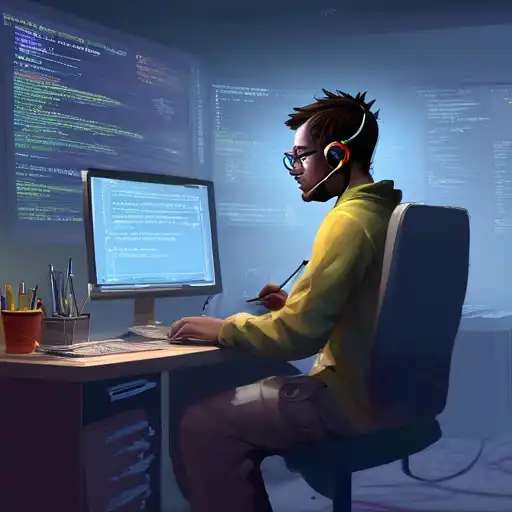Introduction to Debugging
Debugging is an essential skill for every programmer, especially for those just starting out. It involves identifying and resolving errors or bugs in your code that prevent it from running correctly. This article will provide you with essential debugging tips to help you become more efficient and confident in your coding journey.
Understand the Error Messages
One of the first steps in debugging is to understand the error messages your development environment throws at you. These messages are not just random text; they are clues that can lead you to the root of the problem. Take the time to read and comprehend these messages, as they often point directly to the line of code causing the issue.
Use a Debugger Tool
Most integrated development environments (IDEs) come with built-in debugger tools. These tools allow you to step through your code line by line, inspect variables, and see the flow of execution in real-time. Learning how to use these tools can significantly reduce the time you spend debugging.
Break Down Your Code
When faced with a complex bug, try breaking down your code into smaller, more manageable parts. Test each part individually to isolate the section causing the problem. This approach, known as divide and conquer, can simplify the debugging process.
Check for Common Mistakes
New programmers often make similar mistakes, such as syntax errors, off-by-one errors in loops, or incorrect variable names. Familiarize yourself with these common pitfalls to quickly identify and fix them in your code.
Take a Break
Debugging can be frustrating, especially when you're stuck on a problem for hours. Sometimes, the best thing you can do is take a short break. Stepping away from your computer can help clear your mind and often leads to a fresh perspective when you return.
Ask for Help
Don't hesitate to ask for help when you're stuck. Online communities like Stack Overflow or coding forums are great places to seek advice from more experienced programmers. Remember, every programmer has been in your shoes at some point.
Practice Makes Perfect
Finally, the more you code and debug, the better you'll become at it. Each bug you encounter and fix is a learning opportunity that enhances your problem-solving skills and makes you a better programmer.
Conclusion
Debugging is a critical skill that improves with practice and patience. By understanding error messages, using debugger tools, breaking down your code, checking for common mistakes, taking breaks, and asking for help, you'll become more proficient at debugging. Remember, every programmer faces bugs; what matters is how you tackle them.
